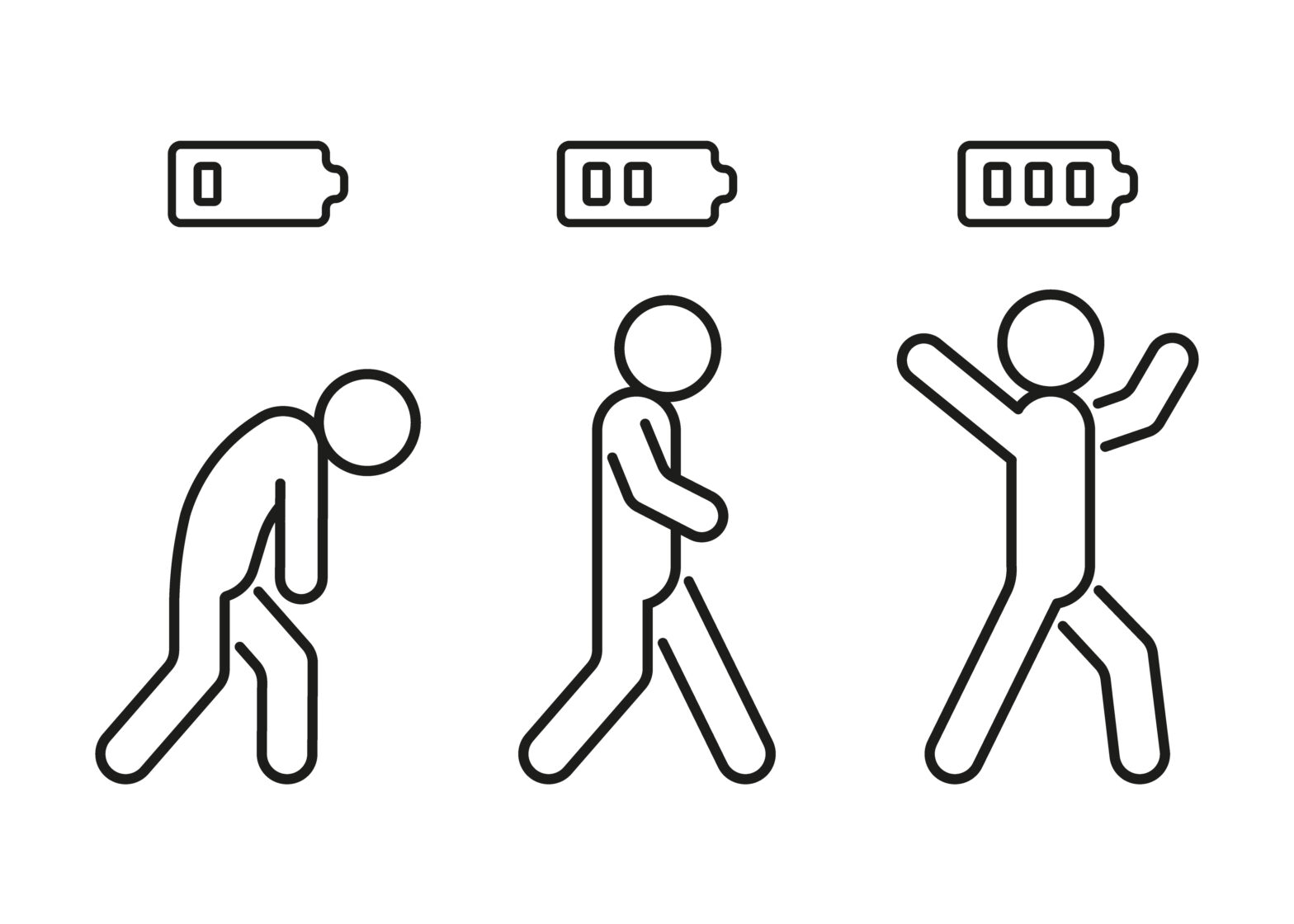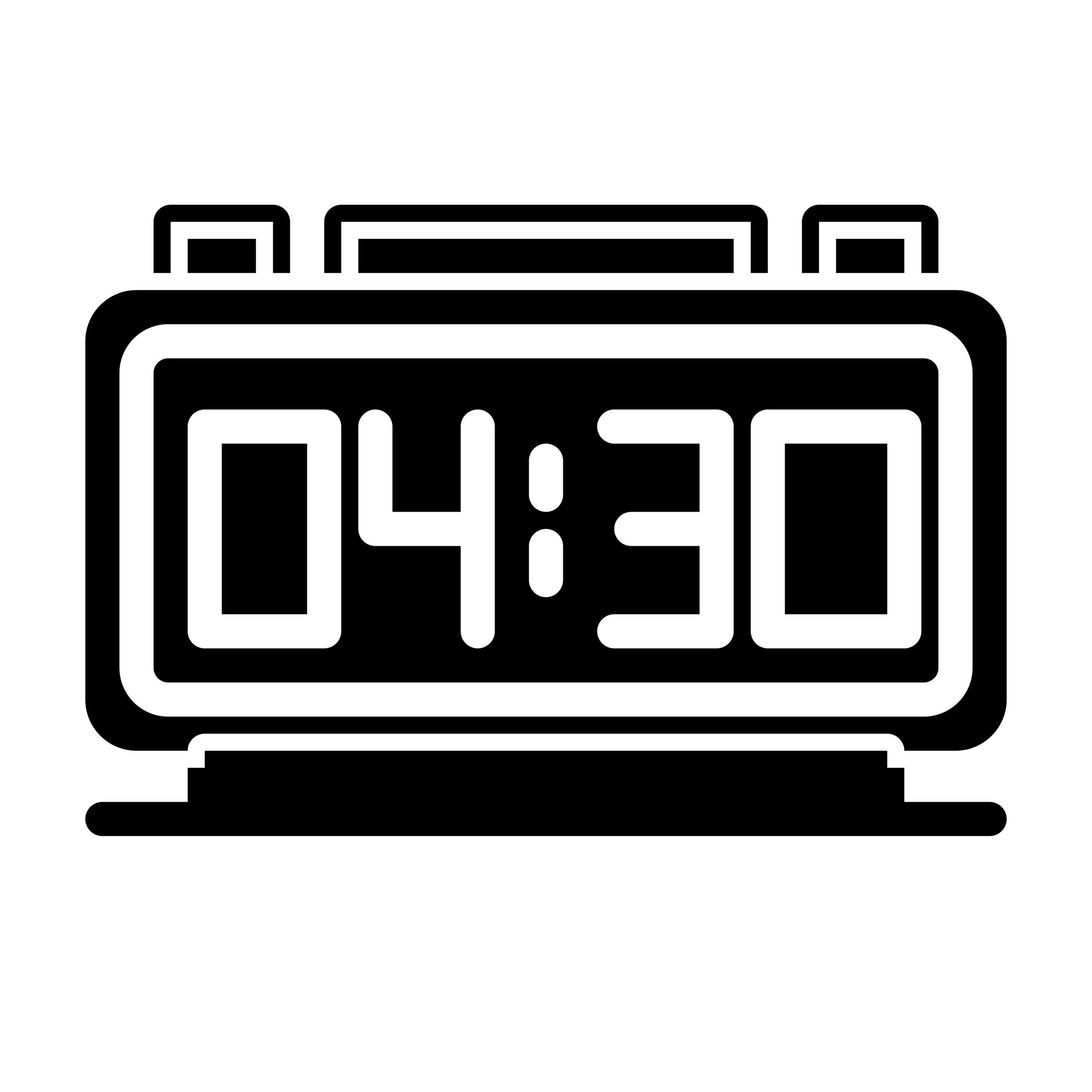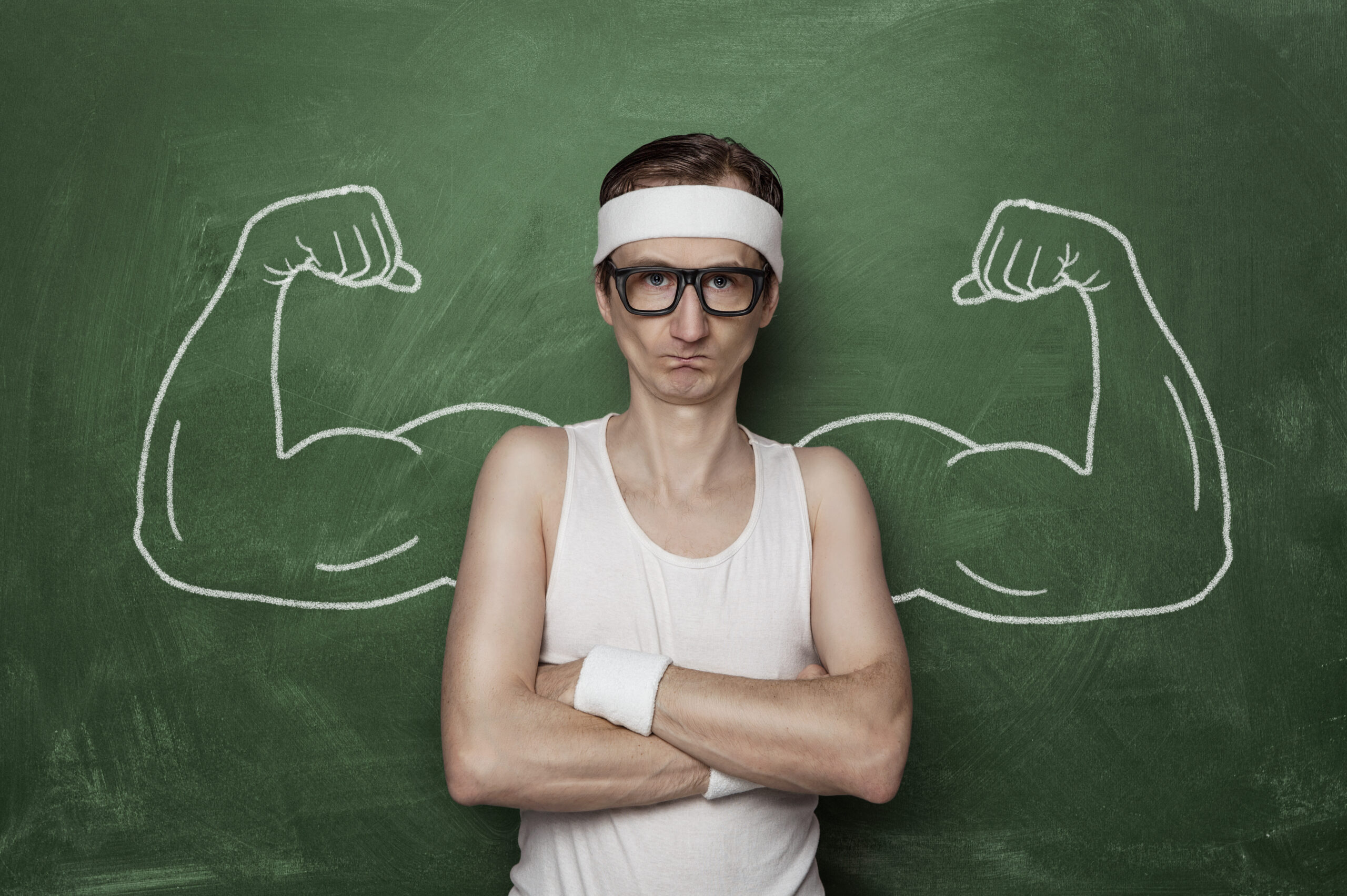Starting Your Day With Energy, Focus, and Peace

Your alarm goes off.
Staying in bed sounds nice, but you have a day to dominate.
As your feet hit the floor, your brain and body are kicked into gear.
What you do for the next 30-60 minutes determines how productive, focused, and physically capable you’ll be for the rest of the day.
Your night of sleep is sort of like shaking an old Etch A Sketch for your psychology and physiology.
When you wake up rested and recovered, your body and brain are in a relatively “neutral” state.
The first actions in your day create physical, mental, and emotional momentum.
If you want the momentum for energy, focus, and peace, make the following part of your morning routine.
Sack the snooze button: Beginning your day with hesitancy and procrastination creates an all-day trend.
Waking up, then sort of going back to sleep, then waking up again, creates a confusing hormonal cocktail for your brain that interferes with the motivation to start your day.
What to do instead: Adjust your evening routine to allow for more and better sleep.
If you have to get up, get up.
Forget your phone: Checking your phone immediately after waking up is one of the most disruptive things you can do to start your day.
Nearly everything you consume from a device is designed to alter and exploit your brain’s highly emotional reward system.
These emotional systems are particularly sensitive in the morning.
Waking up is stressful on your brain and body!
Mountains become mole hills quickly, and this can be difficult to recover from.
Check in with your phone as late in the morning as possible.
What to do instead: Write down 3 things you are thankful for, or 3 things you look forward to.
Your brain likes patterns and habits so you’re training your brain to think like this every morning.
Consider what that would do for your mental and emotional performance.
Pour a Pint: Just because you’re sleeping doesn’t mean your brain and body aren’t doing anything.
Repairing, recovering, digesting, and the other stuff that happens while you sleep requires water.
Most of the time you’ll wake up in a mild state of dehydration that increases your fatigue and mental fog.
Drinking 16-20 oz of water right after waking up gives your brain and body what they need to start the day on a high note.
Adding a pinch of salt ads an important electrolyte that helps you hydrate as well.
Move in the Morning: When you wake up, your core temperature and heart rate are relatively low, tilting your energy thermostat in the “rest” direction.
When you exercise or are physically active, it helps increase these metrics, tilting your thermostat in the direction of “alert and energized”.
Doing a workout, going for a walk, or even light stretching can build the physiological momentum you need to feel and perform like you want to.
See the Sun: Before indoor lighting, our brains knew sunset was bedtime and sunrise was wake up time.
Our physiology would respond to these triggers in kind.
Research has shown that morning sunlight or daylight can help increase the stuff in your brain and body that makes you feel awake and energized.
Going for a 5-10 minute walk in the daylight of morning while listening to something positive is like rocket fuel for your day.
Shiver in the Shower: Now, here me out.
Cold showers suck.
But…
If you struggle with energy and/or mood in the morning, 1-3 minutes in cold water can increase a lot of the feel good stuff in your brain and body.
Start with just a few seconds and work your way up to more time. It’s OK to shift between cold and warm, but my clients (and myself) feel the best finishing on cold.
Caffeine is cool, but…:
Caffeine works by blocking adenosine, a neurotransmitter that makes you sleepy, from binding to receptors in your brain.
Adenosine doesn’t really start playing much of a role in how you feel until about 60-90 minutes after you wake up.
It’s fine to drink coffee before that, but it’s not going to work as well.
This usually results in another cup or two of coffee, a lot of caffeine in your system, then a midday crash.
If you want to get the most out of that cup of coffee, put it at the end of your morning routine.
Everything above can dramatically increase your productivity, focus, and mood without adding extra time to your morning routine.
Start your day in the direction you want to go.


